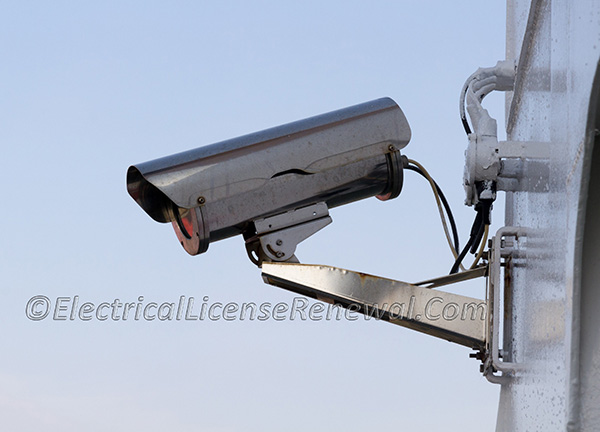NFPA 731 General Definitions. Closed Circuit Television (CCTV).

Chapter 3 of NFPA 731 contains general definitions used in the standard. It is important to understand what is considered a “Closed Circuit Television (CCTV)”.
In CCTV, an analog or digital video signal travels from a camera to a video monitoring station at the protected premises. In CCTV systems, there are often multiple cameras all around the premises sending signals to the video monitoring station.
From the central monitoring station, the security personnel can monitor all the preset camera locations around the protected premises to see if any unauthorized activity is taking place.
Below is a sample of NFPA 731. For the complete section, see the actual NFPA 731 text at NFPA.ORG. Once there, click on the free access link to the latest edition of NFPA 731.
3.3.6 Closed Circuit Television (CCTV). A video system in which an analog or digital video signal travels from the camera to video monitoring stations at the protected premises.